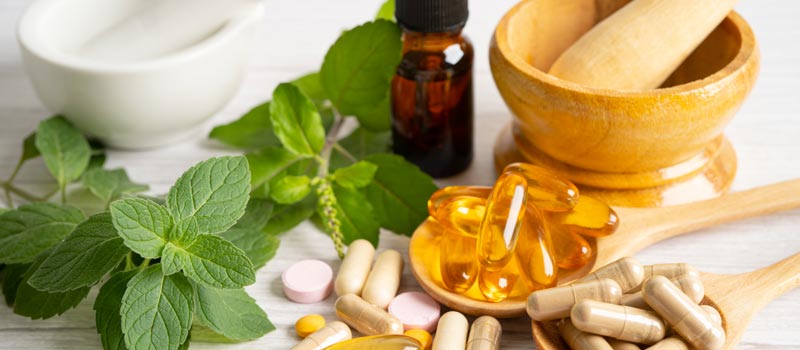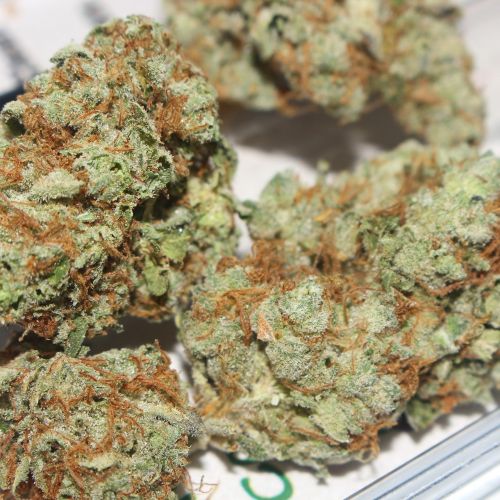Stay Away from Unwanted Hair – Laser Hair Removal and What to Expect
Say goodbye to the hassle of shaving, waxing, and plucking with the ultimate guide to laser hair removal. Laser hair removal has revolutionized the way people achieve smooth, hair-free skin by offering a long-lasting solution to unwanted hair. Understanding what to expect from this popular cosmetic procedure can help individuals make informed decisions about their hair removal journey. Laser hair removal works by targeting the pigment in hair follicles with concentrated beams of light, effectively damaging the follicle and inhibiting future hair growth. The procedure is safe and effective for most skin types and can be performed on various areas of the body, including the face, legs, arms, bikini line, and more. One of the key benefits of laser hair removal is its long-term results. Unlike temporary hair removal methods like shaving or waxing, laser hair removal offers lasting reduction in hair growth. While multiple sessions are typically required to achieve optimal results, many individuals experience significant hair reduction after just a few treatments. Additionally, laser hair removal is relatively quick and convenient, with sessions lasting anywhere from a few minutes to an hour, depending on the size of the treatment area.

Most people can resume their normal activities immediately after treatment, making it easy to incorporate into busy schedules. It is essential to understand that laser hair removal is not a one-size-fits-all solution. The effectiveness of the treatment can vary depending on factors such as hair color, skin type, and hormonal fluctuations. Dark, coarse hair tends to respond best to laser treatment, while lighter hair may require more sessions for noticeable results. Similarly, individuals with darker skin tones may be at higher risk of experiencing side effects such as pigmentation changes or skin irritation. Consulting with a qualified dermatologist or licensed laser technician can help determine whether laser hair removal is suitable for individual needs and skin type. Before undergoing laser hair removal, it is essential to prepare properly and follow pre-treatment instructions provided by the healthcare professional. This may include avoiding sun exposure, shaving the treatment area, and discontinuing certain medications or skincare products that could increase sensitivity to light. During the procedure, individuals may experience mild discomfort or a sensation similar to a rubber band snapping against the skin. However, most people find the discomfort to be tolerable, and some clinics offer numbing creams or cooling devices to minimize discomfort during treatment.
After laser hair removal, it is crucial to follow post-treatment care instructions to ensure optimal results and minimize the risk of complications. This may include avoiding sun exposure, using gentle skincare products, and avoiding activities that could irritate the treated area. While some individuals may experience temporary redness or swelling following treatment, these side effects typically subside within a few hours to a few days and look here https://njforeveryoungmd.com/hair-removal/. In conclusion, laser hair removal offers a safe, effective, and long-lasting solution to unwanted hair. By understanding what to expect from the procedure and following pre and post-treatment guidelines, individuals can achieve smooth, hair-free skin with minimal discomfort and downtime. Whether targeting facial hair, bikini line, or other areas of the body, laser hair removal provides a convenient alternative to traditional hair removal methods, freeing individuals from the constant cycle of shaving, waxing, and plucking.


